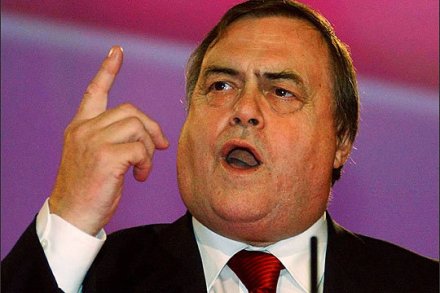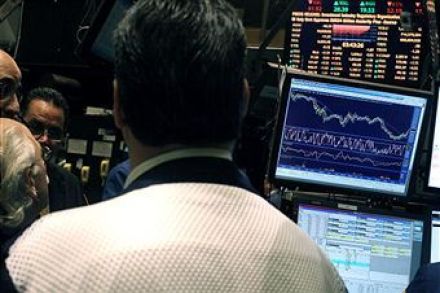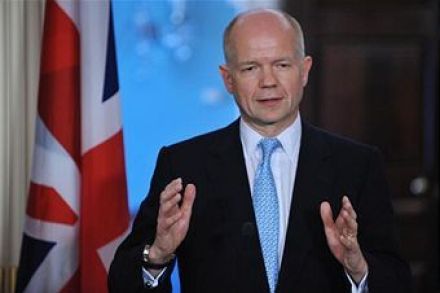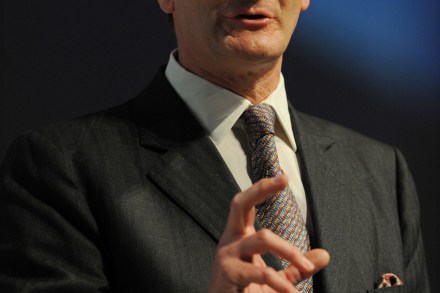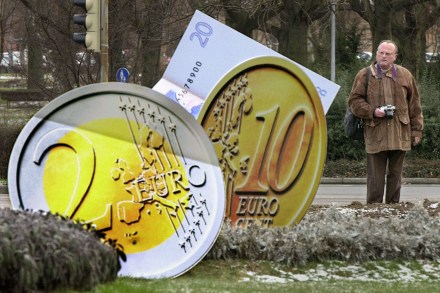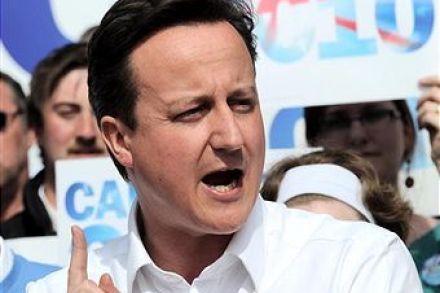Arise Lord Prescott
It’s John Prescott’s birthday – or Lord Prescott, as he will soon be. How odd of JP to don the ermine, given that he is on record saying that he hates titles, flunkery and ‘flooding’ the House of Lords with appointees – a practice in which he and Blair excelled as it happens. He appeared on the Today programme this morning to defend his lordly person and was emphatically unintelligible. Listen to it; it’s a classic. You know Prescott’s the EU’s environment ‘rapporteur’? Terrifying. John Humphrys objected to Prescott’s hypocrisy, but if Prescott doesn’t want to retire from public life then he must sit in the Lords. Which is an argument for
